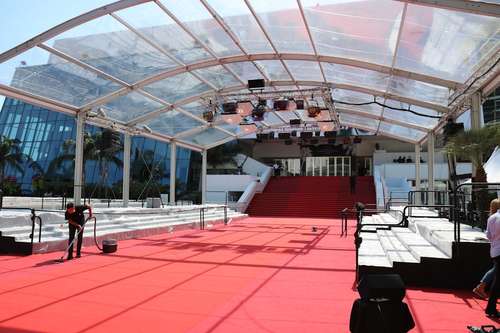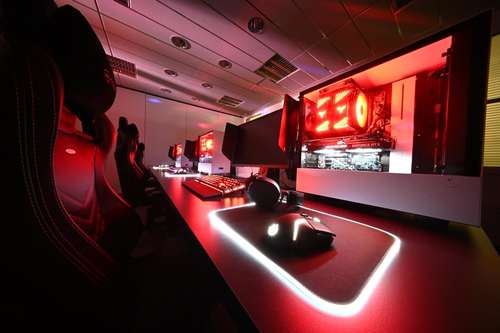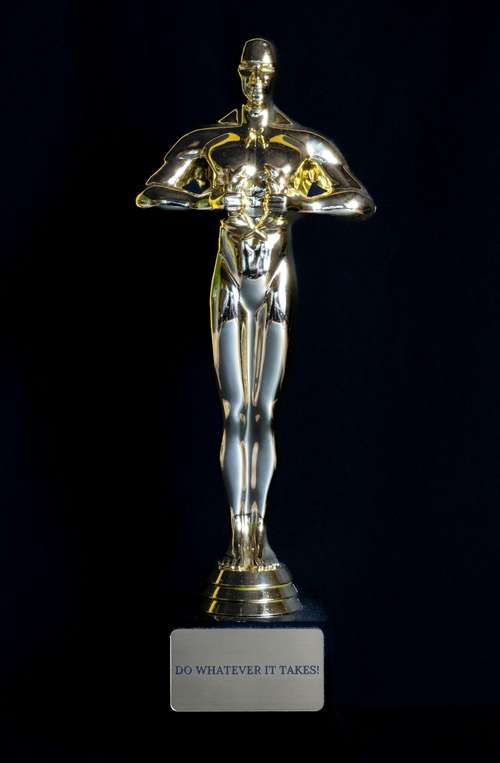Unity Technologies' President and CEO, John Riccitiello, has announced his retirement, effective immediately. This decision comes in the wake of a massive controversy surrounding the company's new pricing model for the Unity Game Engine. Unity is a popular gaming engine developers use worldwide to create games and interactive experiences.
There was a huge controversy when Unity Technologies announced its new pricing structure. According to this new structure, game developers would have to pay fees based on the number of downloads their games received after certain thresholds were surpassed.
This announcement caught the developer community off guard, and many expressed anger towards this sudden financial burden they would have to bear.
Protests Gain More Consensus
Protests and boycotts quickly gained momentum as developers rallied against Unity's new pricing policy. The backlash was so severe that it led to a rethink of the pricing structure by Unity Technologies.

Under the revised policy, fees would no longer apply to previous engine builds, and only games generating over $1 million in revenue annually would be subject to charges.
John Riccitiello, who had been at the helm of Unity Technologies since late 2014, has decided to step down from his role as CEO. Riccitiello is no stranger to controversy, having previously served as the CEO of Electronic Arts from 2007 to 2014.
While the exact reason for his departure has not been officially disclosed, it's plausible that the mounting backlash against the company's new pricing model played a role.
More Troubles for Unity
Unity's troubles began in September when it was revealed that any game created using the Unity Game Engine would face download fees based on specific installation and revenue thresholds. What further fueled the outrage was the absence of an opt-out option for developers. Unity Technologies attempted to justify its decision but failed to sway public opinion, leading to a significant corporate shakeup.
Interestingly, Riccitiello sold over 2,000 shares of Unity stock he owned, sparking speculation that he may have foreseen the impending storm. This move added an air of uncertainty regarding his departure and its relation to the controversy.
The protests against Unity's pricing structure reached a fever pitch, with hundreds of developers joining the fray. Even the popular messaging service Discord took a dig at the company, and Unity offices faced temporary closures due to death threats. Developers escalated their protest by boycotting Unity Ads to protest the new pricing policies.
Less than a month later, Unity Technologies yielded to the pressure, revising its fee structure. The new policy eliminated fees for games utilizing previous engine builds. It only subjected Unity Pro and Enterprise users to charges if their games crossed the $1 million revenue threshold over a year, with developers self-reporting earnings.
Unity's Sustainability Uncertain
The timing of Riccitiello's departure remains uncertain. Whether it was directly influenced by the controversy or merely coincidental is unclear. The future will reveal whether developers continue to use the Unity Game Engine and whether the company sticks to its revised pricing model once a new CEO takes the reins.
Unity Technologies has appointed James M. Whitehurst, the former president of IBM, as interim CEO while the search for a permanent CEO is underway. Unity went public with an IPO in 2020, and its stock price has experienced fluctuations.
The sudden retirement of Unity Technologies' CEO, John Riccitiello, after the pricing controversy, has left the gaming industry curious about the future. The controversy and the resulting corporate changes have undoubtedly impacted Unity Games and Unity's stock, and developers and investors will closely monitor the company's future direction.




